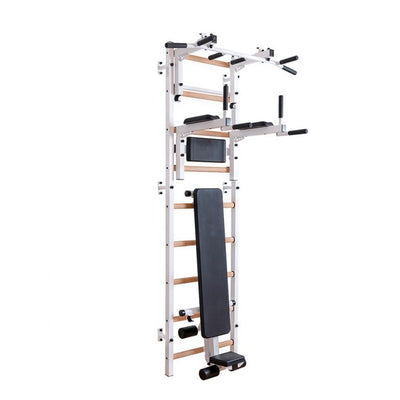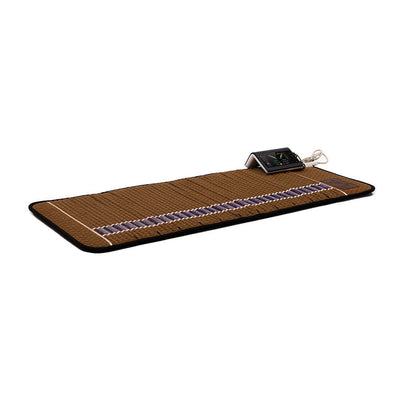
Is Pilates Good for Weight Loss? The Results May Surprise You
Pilates has long been celebrated for its transformative effects on the body. Beyond the clear enhancements in flexibility and core strength, many delve into the discipline seeking weight loss results. But does the scientific data support these weight loss claims? Let's unravel the evidence.
Pilates: A Brief Overview
Before we dive into the weight loss discourse, it's essential to understand the core of Pilates. Founded by Joseph Pilates in the early 20th century, this practice focuses on:
- Mind-body connection: Every movement in Pilates requires mental focus and physical execution.
- Core strength: Often regarded as the "powerhouse" of the body, Pilates targets the deep muscles of the abdomen.
- Flexibility and posture: By emphasizing elongated movements, Pilates works to enhance the body's overall flexibility and posture.
Analyzing the Weight Loss Potential
Caloric Burn in Pilates
A typical Pilates mat session can burn between 120 to 220 calories per hour, depending on the intensity. In comparison, Pilates on a reformer (an apparatus) can push that range slightly higher due to added resistance. For context, running burns around 600-900 calories per hour, depending on various factors.
Muscle Toning and Metabolism Boost
While Pilates may not torch calories at the rate of high-intensity workouts, it excels in muscle toning. Building lean muscle mass can raise the resting metabolic rate, meaning you'll burn more calories even when not exercising.
Holistic Approach to Health
Pilates not only targets physical well-being but also emphasizes mental health. Stress can lead to overeating and unhealthy habits, potentially causing weight gain. By promoting relaxation and mindfulness, Pilates may indirectly support weight management efforts.
Scientific Data Breakdown
Recent studies have delved into the weight loss implications of Pilates:
-
Bone Density and Lean Muscle Mass: A 2015 study found that individuals engaged in Pilates over a span of six months witnessed an increase in bone density and lean muscle mass, leading to enhanced metabolic rates.
-
Body Composition Transformation: Another research in 2018 highlighted that participants practicing Pilates consistently for a year showed a considerable reduction in body fat percentage.
-
Impact on Mental Health: Scientific data from 2019 underlined the profound effect of Pilates on reducing anxiety levels, which can, in turn, positively impact weight loss and management strategies.
In Conclusion: Is Pilates the Weight Loss Solution?
Pilates, while not a high-calorie burning exercise, offers a multifaceted approach to health and well-being. The combination of muscle toning, mental relaxation, and a focus on core strength can support weight management when complemented with a balanced diet and other physical activities.
For those seeking drastic weight loss quickly, Pilates alone might not be the answer. However, for a holistic, long-term approach to health, well-being, and sustainable weight management, Pilates proves to be an invaluable tool in one's fitness arsenal.
« Back to Pilates Blog









